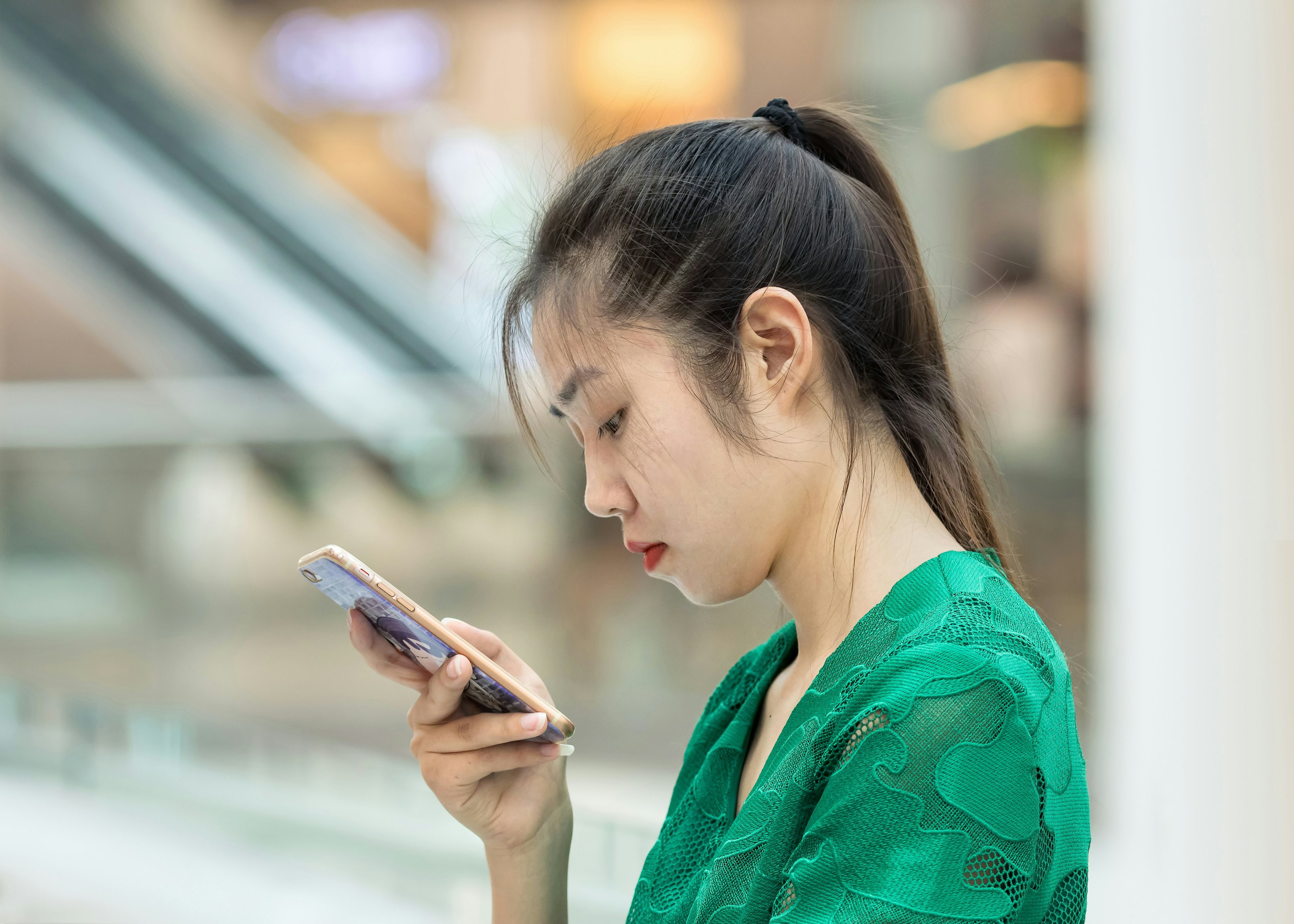This article was published earlier in our weekly newsletter. Sign up through our “Newsletter Sign Up” box on the right.
Middle-class and affluent young Chinese consumers favor imported goods and have big ambitions to travel, according to the results of a recent survey of over 2,000 18 to 34-year olds by HSBC.
Conducted by the bank between August 10 and 15 on individuals from major cities making more than RMB120,000 (approximately US$18,000), the results found that 70 percent of respondents have passports, compared to only 5 percent of the general Chinese population. A total of 35 percent have traveled overseas, with Hong Kong remaining the top destination despite its recent slump in mainland tourist numbers. While Japan and South Korea are both popular, report author Erwan Rambourg writes that Japan is attracting a more affluent group of travelers than South Korea, which lures more “low-income” tourists seeking products such as “value-for-money cosmetics.”
In addition, Macau, Australia, and France are among their top foreign destinations, and HSBC says that this group’s consumption patterns are seeing what it calls “experiential drift” as they budget more money on experiences while traveling as opposed to shopping. It found that cuisine and natural spots for hiking outperformed shopping as top reasons for travel.
When it comes to their shopping habits, a staggering 94 percent of respondents listed foreign brands as significantly better than or similar to Chinese brands for food and personal care products. They’re increasingly health-conscious, listing health as their top factor for food purchase decisions. The report also finds that they’re becoming increasingly likely to buy dairy products as China imports more milk from foreign countries such as Australia.
Despite this international, health-conscious outlook, the survey finds that this age group still likes to down the potent Chinese spirit baijiu. A total of 55 percent say they drink it, listing high-end brand Wuliangye as their favorite ahead of Moutai.
For retailers to reach this group, the survey finds that WeChat and e-commerce are key. While 75 percent say they will spend more time on WeChat in the future, 65 percent say they will shop on Taobao. They’re also open-minded regarding what they’d buy via e-commerce channels, as 30 percent said they’d even be willing to purchase a car online.
